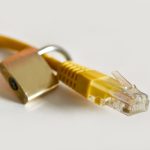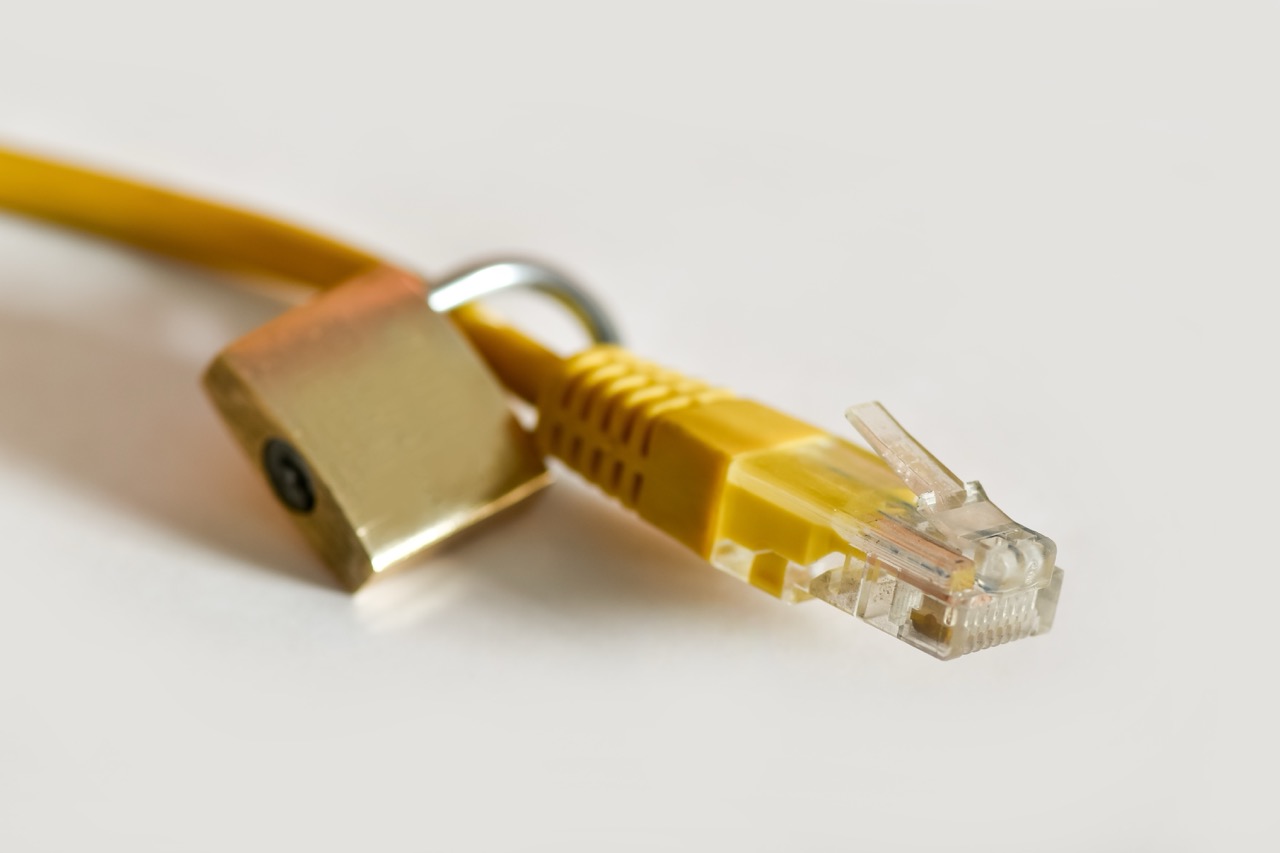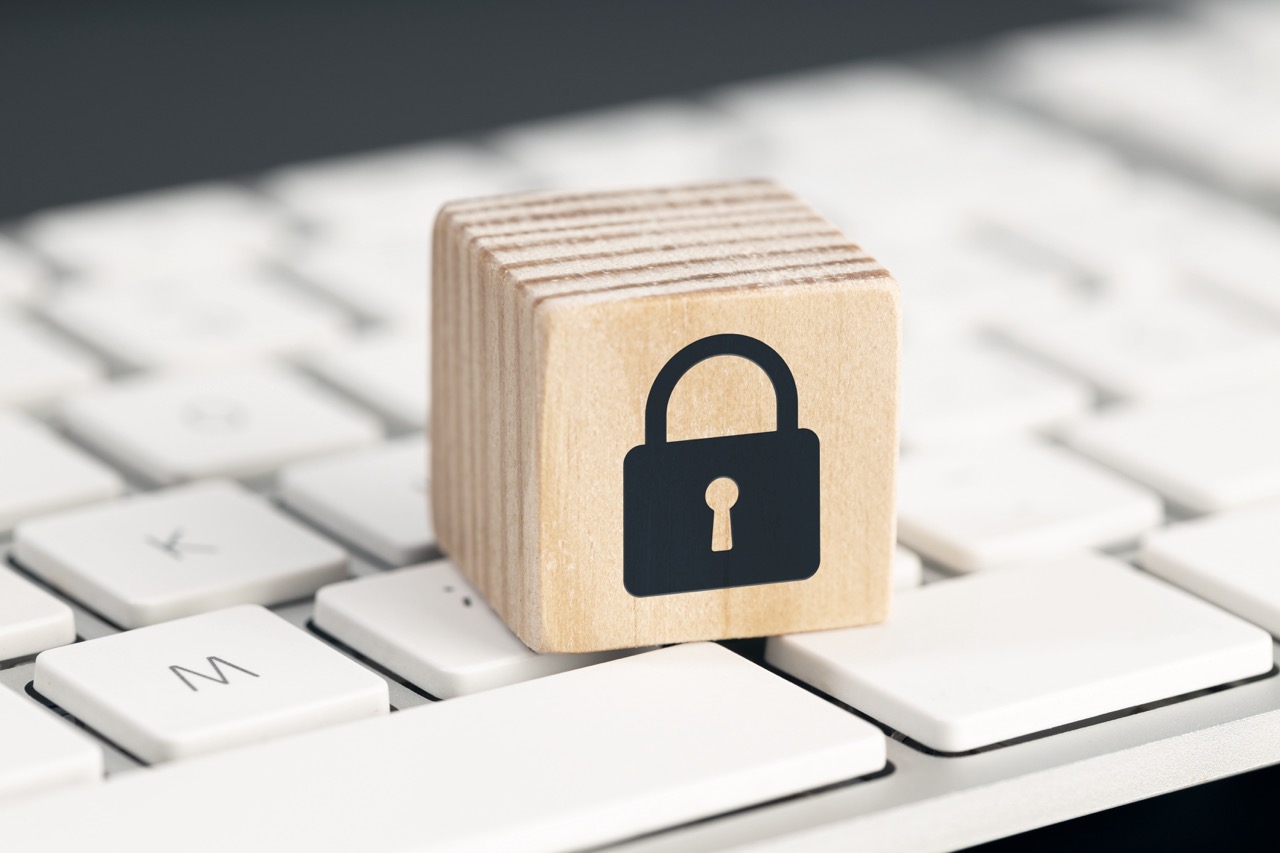The advent of Virtual Private Networks (VPNs) has significantly transformed how individuals interact with the digital landscape, particularly in regions where access to information is heavily regulated or restricted. VPNs serve as a tool for circumventing censorship, allowing users to access content freely without government surveillance. However, this capability raises several ethical considerations that demand careful analysis. This article explores the intricate relationships between VPN usage and censorship, addressing the implications for privacy, accountability, and the overall health of local information ecosystems.
Understanding VPNs: Mechanisms and Their Role in Censorship
VPNs function by creating an encrypted tunnel between a user’s device and a remote server, effectively masking the user’s IP address. This encryption prevents third parties, including internet service providers and government agencies, from monitoring online activities. By routing user traffic through servers located in regions with fewer restrictions, VPNs allow individuals to access content that may be otherwise unavailable in their home countries. As a result, VPNs have become essential tools for activists, journalists, and ordinary citizens facing censorship.
The role of VPNs in bypassing censorship is particularly pronounced in authoritarian regimes where information control is prevalent. Countries like China, Iran, and North Korea implement sophisticated filtering systems to block access to foreign websites and social media platforms. VPNs disrupt this control, enabling users to access independent news sources and communicate freely. However, the very act of bypassing these restrictions can bring about a host of ethical dilemmas that merit deeper consideration.
While VPN technology can empower users, it also raises questions regarding the responsibilities of both the providers and the users. The anonymity afforded by these networks can shield illicit activities, leading to a significant ethical gray area. Users may engage in practices that infringe on local laws or societal norms, while providers may prioritize profit over ethical considerations. As VPNs continue to gain popularity, understanding their mechanisms is essential to navigate the ethical landscape they inhabit.
Ethical Implications of Circumventing National Regulations
Circumventing national regulations through VPN usage can be seen as an assertion of individual rights, particularly the right to free expression. However, this assertion comes with implications that can complicate the ethical landscape. For one, using a VPN to bypass government-imposed censorship may conflict with the laws and regulations established by that government. Users must grapple with the moral implications of violating local laws, which may be designed to uphold social stability or protect cultural values.
Moreover, the ethical question of whether it is justifiable to bypass laws that are seen as oppressive is contentious. While many advocate for the right to access information freely, doing so without respect for the legal framework can lead to unintended consequences. These consequences may include increased government surveillance or stricter penalties for those caught circumventing censorship. Thus, ethical considerations should not only focus on personal freedoms but also the broader societal implications of such actions.
Additionally, a nuanced understanding of the motive behind censorship is crucial. Governments may impose restrictions for various reasons, including national security, public safety, or the preservation of cultural integrity. When individuals choose to bypass these restrictions, they must consider whether they are undermining legitimate governmental concerns or contributing to a broader culture of impunity. The ethical discourse surrounding VPN use must, therefore, reflect an awareness of these complexities.
Privacy vs. Accountability: The VPN User’s Dilemma
One of the most significant ethical dilemmas faced by VPN users is the balance between privacy and accountability. While VPNs provide an avenue for enhanced privacy by obscuring user identities, they can also inadvertently foster environments conducive to harmful behavior. For instance, individuals may use VPNs to engage in illegal activities without fear of repercussion, thus raising questions about the ethical responsibilities of users in ensuring their anonymity does not translate into unaccountability.
This dilemma is further complicated by the role of VPN providers, who often collect user data despite promises of anonymity. Users must question whether the privacy they seek is truly safeguarded or if they are unwittingly compromising their data to profit-driven entities. Moreover, the ethical implications of data retention policies, surveillance, and the potential for misuse by third parties must be part of the conversation surrounding VPN usage.
Striking a balance between ensuring personal privacy and maintaining accountability is essential for ethical VPN use. Users must remain vigilant in their understanding of the terms of service and data policies of their chosen VPN provider. They also have an ethical obligation to consider the broader impacts of their online behavior, ensuring that their pursuit of privacy does not facilitate harmful activities or undermine societal norms.
The Impact of VPN Usage on Local Information Ecosystems
The widespread adoption of VPNs to bypass censorship can have profound effects on local information ecosystems. In regions where access to diverse viewpoints is restricted, VPN usage opens the door to a wealth of information and resources that would otherwise remain inaccessible. This democratization of information can empower marginalized voices and foster informed dialogue, ultimately contributing to a more vibrant civic sphere.
However, the influx of unfiltered information can also lead to challenges. Users may encounter misinformation or extremist content that can distort perceptions and incite division. The ethical implications of this phenomenon raise questions about the responsibility of VPN users to critically evaluate the information they access. The ease of circumventing censorship does not equate to the ability to discern credible sources from unreliable ones, which poses a significant challenge to the integrity of local discourse.
Moreover, the impact of VPN usage on local information ecosystems is often uneven. While some users benefit from increased access, others may face heightened scrutiny and repression as governments respond to the potential threat posed by unrestricted information. This dynamic underscores the importance of considering the broader societal consequences of VPN use, as the attempts to access information freely can inadvertently lead to backlash against open discourse.
Evaluating the Legality of VPNs in Different Jurisdictions
The legal landscape surrounding VPN usage is complex and varies significantly across jurisdictions. In some countries, the use of VPNs is fully legal and even encouraged as a means of protecting privacy and facilitating free expression. In contrast, other nations have enacted stringent laws prohibiting their use, viewing VPNs as tools for subversion and a threat to national security. Understanding the legal status of VPNs in specific jurisdictions is essential for users seeking to navigate these waters ethically.
Legal restrictions on VPN usage often arise in contexts characterized by authoritarian governance, where information control is paramount. Some countries implement severe penalties for individuals caught using VPNs to access restricted content, while others may employ technological measures to block VPN traffic altogether. Users in these jurisdictions must weigh the potential risks against their desire for uncensored access, considering the legal ramifications of their actions.
Moreover, the ethical responsibility of VPN providers extends to understanding and complying with the laws of the jurisdictions in which they operate. Providers must navigate a delicate balance between maintaining user privacy and adhering to local regulations, which can sometimes conflict. This complexity necessitates transparency in their operations, ensuring users are informed about the legal context surrounding VPN usage and the possible consequences of circumventing local laws.
Best Practices for Ethical VPN Use in Censorship Contexts
To navigate the ethical complexities surrounding VPN usage for bypassing censorship, users should adopt best practices aimed at promoting responsible and informed behavior. First and foremost, users should conduct thorough research to select a reputable VPN provider that prioritizes user privacy and adheres to ethical guidelines. Transparency regarding data collection, storage practices, and jurisdiction is essential in establishing trust and ensuring that the user’s anonymity is respected.
Moreover, users must remain informed about the legal landscape regarding VPN usage in their respective countries. Understanding the implications of their actions within the local context can help users make informed decisions that align with their ethical principles. Engaging in discussions with fellow users and advocacy groups can provide valuable insights into the best practices for using VPNs responsibly, promoting a culture of ethical engagement with technology.
Lastly, users should cultivate critical media literacy skills, enabling them to evaluate the information accessed through VPNs critically. An understanding of the difference between credible and non-credible sources is vital in mitigating the risks associated with unfiltered information. By fostering an awareness of the ethical responsibilities accompanying their online behavior, users can contribute to a healthier information ecosystem, one where the pursuit of freedom does not compromise societal integrity.
VPNs serve as powerful tools for individuals seeking to bypass censorship and access information freely. However, the ethical implications of their use extend far beyond mere access to content. The balance between privacy and accountability, the impact on local information ecosystems, the legal landscape, and best practices for ethical engagement all play critical roles in shaping the discourse surrounding VPNs. As users navigate these complexities, it is imperative to approach VPN usage with an awareness of both their rights and responsibilities, ensuring that the pursuit of freedom does not come at the expense of ethical integrity.










